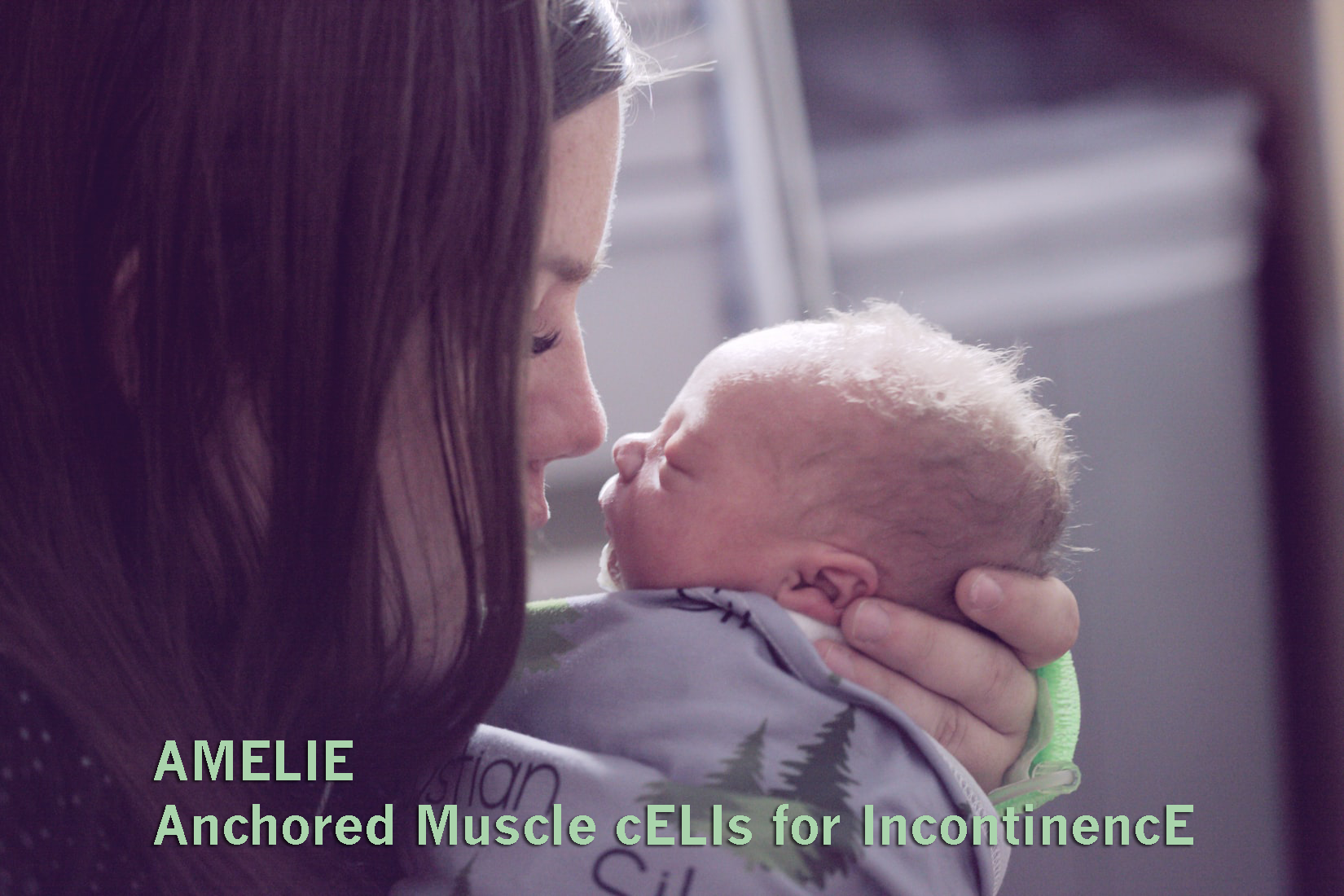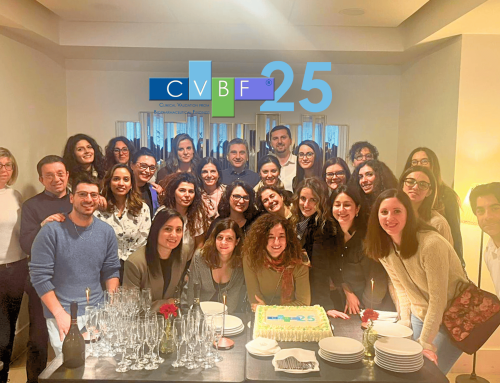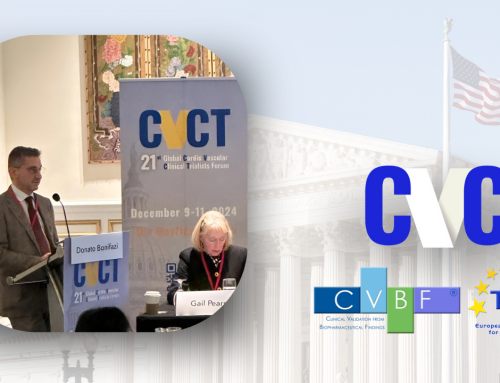We are happy to announce that CVBF will be involved in the new project AMELIE – Anchored Muscle cELIs for IncontinencE aimed to test a new clinical approach for the treatment of faecal incontinence (FI) arising from childbirth injury in women.
Faecal incontinence is a common condition affecting around 67 million people in Europe, seriously impairing living and productivity of affected individuals and their families. Women with FI arising from childbirth injury may benefit from regenerative medicine using autologous skeletal muscle derived cells (ASMDC) to restore function of damaged sphincter muscle. However, progress is hindered by sub-optimal manufacturing and delivery techniques contributing to inconsistent results.
AMELIE proposes an innovative approach that uses ASMDC attached to implantable microcarriers that will enable delivery of a higher number of viable ASMDC into the damaged sphincter muscle, increasing the likelihood of cell engraftment, regeneration of muscle and improved continence. To achieve this aim, AMELIE will develop bespoke implantable microcarriers suitable for clinical use; establish robust bioprocessing for manufacture of the cell-microcarrier combination; and for the first time, robustly test, in a randomized clinical trial, the principle that delivery of ASMDC in an anchored, natural state, provides more effective and consistent treatment.
AMELIE was funded by European Union’s Horizon 2020 and CVBF is involved in the project as the beneficiary in charge of CRO-like activities, providing support to the Sponsor and the sites in the conduct of the study. CVBF activities include clinical study management, regulatory procedures (submissions to regulatory authorities and ethics committees), TMF management, pharmaco-/materio-vigilance, and monitoring.
For more information, please click here.




